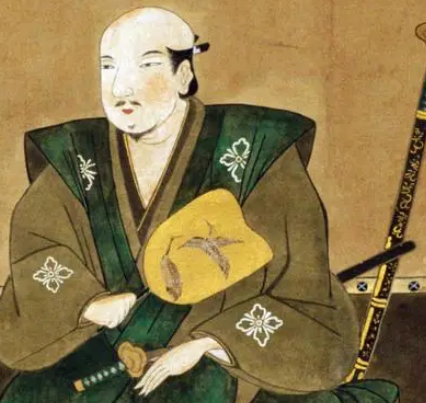In the long history of China, the decline of the Ming Dynasty has always been a hot topic for historians and enthusiasts. Among them, there have been many controversies and rumors about the relationship between the eunuch Wei Zhongxian and the fall of the Ming Dynasty. One view is that "if Wei Zhongxian did not die, the Ming Dynasty would not have fallen". Does this really reflect the true face of history? This article will explore the historical facts and influence behind this rumor, as well as the role of Wei Zhongxian in the fate of the Ming Dynasty.

I. The Rise of Wei Zhongxian's Power
Wei Zhongxian was a eunuch in the late Ming Dynasty. He gradually gained power over the court after the execution of eunuch Liu Jin. By forming an alliance with the mother of Emperor Ming Xianzong Zhu Youxiao, Wei Zhongxian gradually expanded his influence. He used the emperor's trust to eliminate opponents, established secret service agencies such as the Dong Chang, and implemented a reign of terror, filling the court with suspicion and panic.
II. Wei Zhongxian and Political Corruption in the Ming Dynasty
Wei Zhongxian's autocratic power exacerbated the political corruption of the Ming Dynasty. He extorted money, sold official positions, leading to widespread corruption and darkness in the political system. At the same time, his brutal suppression of opponents weakened the support of the gentry class for the central government, affecting the stability and efficiency of the government.
III. Wei Zhongxian's Death and the Fall of the Ming Dynasty
In 1627, Wei Zhongxian died, but his death did not save the decaying situation of the Ming Dynasty. The fall of the Ming Dynasty was caused by various factors, including consecutive natural disasters, peasant rebellions, foreign invasions, and the rigidity of the political system. Although Wei Zhongxian's death ended the darkest period of eunuch autocracy, it could not stop the many crises that had already formed.
IV. Analysis of Historical Rumors
The rumor that "if Wei Zhongxian did not die, the Ming Dynasty would not have fallen" oversimplifies the complexity of historical development. Although Wei Zhongxian played an accelerated role in the late Ming Dynasty, the fall of the Ming Dynasty was a long-accumulated process involving socio-economic structure, ethnic conflicts, class struggle, and other levels. Blaming the fall of the Ming Dynasty on one person alone ignores the role of other important factors.
Conclusion:
As a key figure in the late Ming Dynasty, Wei Zhongxian's life and death did have a certain impact on the political situation at that time. However, attributing the fall of the Ming Dynasty solely to Wei Zhongxian's survival or death is a simplification of historical complexity. The decline of the Ming Dynasty was the result of the combined effect of many factors, and Wei Zhongxian was only one of them. Through a deep analysis of this history, we can more fully understand the historical trend of the late Ming Dynasty and the role played by individuals.
Disclaimer: The above content is sourced from the internet and the copyright belongs to the original author. If there is any infringement of your original copyright, please inform us and we will delete the relevant content as soon as possible.































